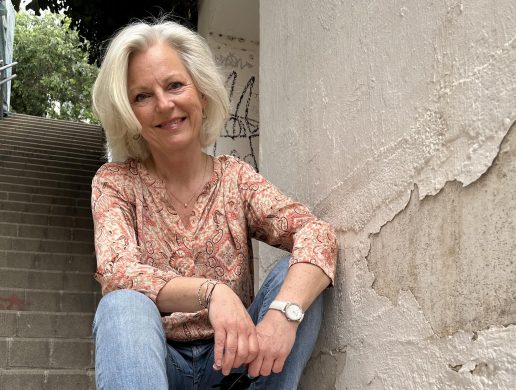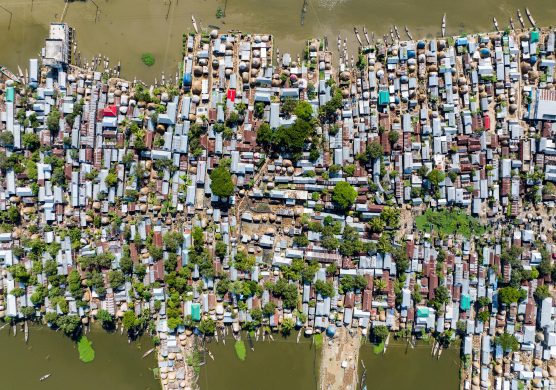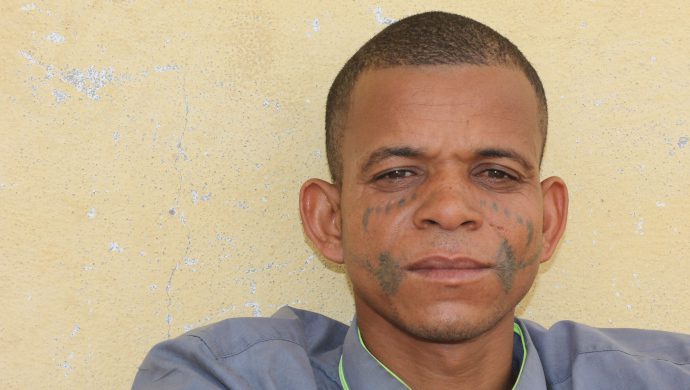Ethiopias massive and controversial 220 million dollar resettlement drive has been criticised as “complex, costly and, in the end, wasteful”.
Desalegn Rahmato, head of the Ethiopian Forum for Social Studies, said numerous resettlement plans had been tried and failed in Ethiopia. – Resettlement programmes have been tried in this country under various policy frameworks, but the result has been highly unsatisfactory, he said on Friday.
The three-year voluntary resettlement drive aims to move 2,2 million people as part of a programme to end the countrys dependency on foreign aid.
Families are being moved within four regions from poor farming areas to land believed to be fertile and productive. The government has said that already harvests reaped by farmers resettled last year have dramatically increased. It insists that the scheme must go ahead.
Desalegn doubted government claims, saying that even voluntary – as opposed to compulsory – resettlement programmes are ineffective. – Voluntary or involuntary relocation of populations on a large scale is a complex, costly and, in the end, wasteful undertaking, he said.
He also condemned the lack of public consultation over resettlement, arguing that current government officials were insufficiently experienced to implement the scheme.
His criticism comes as international experts and senior government officials meet to establish a task force to monitor the resettlement plan. The team is to evaluate the operation with a view to averting potential pitfalls or crises encountered during implementation.
The resettlement programme is a central plank in the governments 3,2 billion (milliarder) dollar rescue package, which aims to end the dependency affecting 15 million of the countrys 70 million people. For the past 15 years 700.000 metric tons of food aid has been imported annually to meet their needs.
The package, dubbed the “Ethiopian Road Map”, also includes strategies on improving roads, clinics and schools, and agricultural technology in water-scarce areas, as well as on creating more effective agricultural markets and preventing environmental degradation. The plan is to be implemented over a period of three to five years.
However, Desalegn believes that the resettlement plan is misguided and that instead the government should allow farmers to move to urban centres to seek employment.
He said moving populations from one rural area to another would do nothing to boost the fragile Ethiopian economy, whereas allowing farmers to move to towns and cities could prove useful.
– If the goal of food security is to be achieved, we would need to create employment opportunities on a large scale outside agriculture, in the modern sector of the economy, and enable rural people to move to urban areas, he said.
– This is the kind of population movement that will have positive results, added Desalegn in a keynote speech entitled “Large-Scale Resettlement in Ethiopia”
The speech was delivered during a conference on food security jointly organised by the Ethiopian Economic Association, the Ethiopian Economic Policy Research Institute and the Forum of Social Studies, in the capital, Addis Ababa.
The governments stance on the issue is that the correct way of combating poverty is by way of its agricultural-led development initiative – the cornerstone of its economic policy.
Agriculture is the economys backbone, accounting for half the countrys GDP and 90 percent of its exports. About 85 percent of the population ekes out a living in the agricultural sector, although almost all are small-scale subsistence farmers in the countryside.
Critics warn that the scale of rural poverty in Ethiopia, with most of the population living on less than 1 dollar a day, will probably preclude its ability to kick-start its already weak economy.
Kilde: FN-bureauet IRINnews
Læs også “Etiopien vil genbosætte en million fattigbønder”, dato 01.03.04, under Nyt fra Den 3. Verden her på siden.















